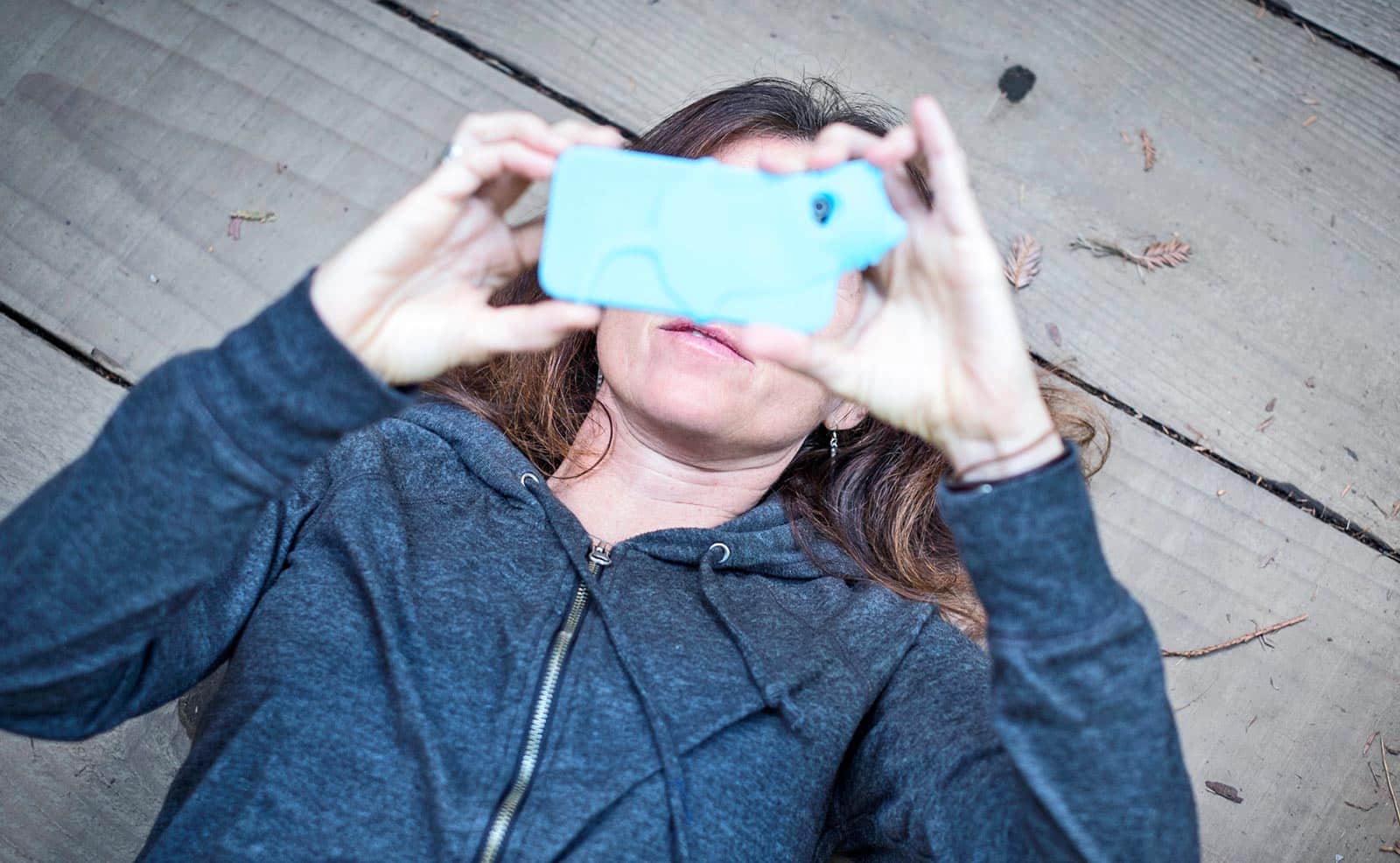Crucible: the science behind why watching others playing video games has become so popular
Surely, it can't be fun to watch others play games you can play yourself? The hundreds of hour people spend on live-streaming platform Twitch would suggest otherwise.
Craig Weightman, Lecturer in Games and Visual Effects, Staffordshire University •
conversation
May 26, 2020 • ~5 min
May 26, 2020 • ~5 min
Videoconferencing keeps people connected while the coronavirus keeps them inside – but privacy and security are far from perfect
Zoom's privacy and security shortcomings are just the latest videoconferencing vulnerabilities. Knowing each platform's risks can help people avoid many of the downsides of virtual gatherings.
Elizabeth Stoycheff, Associate Professor of Communication, Wayne State University •
conversation
April 10, 2020 • ~9 min
April 10, 2020 • ~9 min
Social distancing and exercise: are active video games the solution?
With the coronavirus forcing people to stay at home, new ways are needed to keep fit.
Sam Peter Kirk, PhD Candidate and Associate Lecturer in Sport and Exercise Psychology, Leeds Beckett University
• conversation
April 1, 2020 • ~5 min
April 1, 2020 • ~5 min
Astrophysicist works to make science understandable
Harvard’s educational mission is bringing the universe’s strangest creation to the world, as short videos about black holes have been seen by millions.
Alvin Powell
• harvard
Jan. 28, 2020 • ~9 min
Jan. 28, 2020 • ~9 min
/
14








